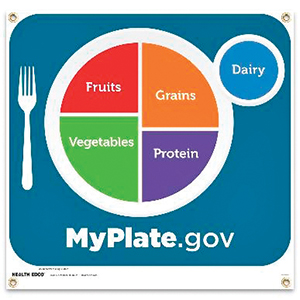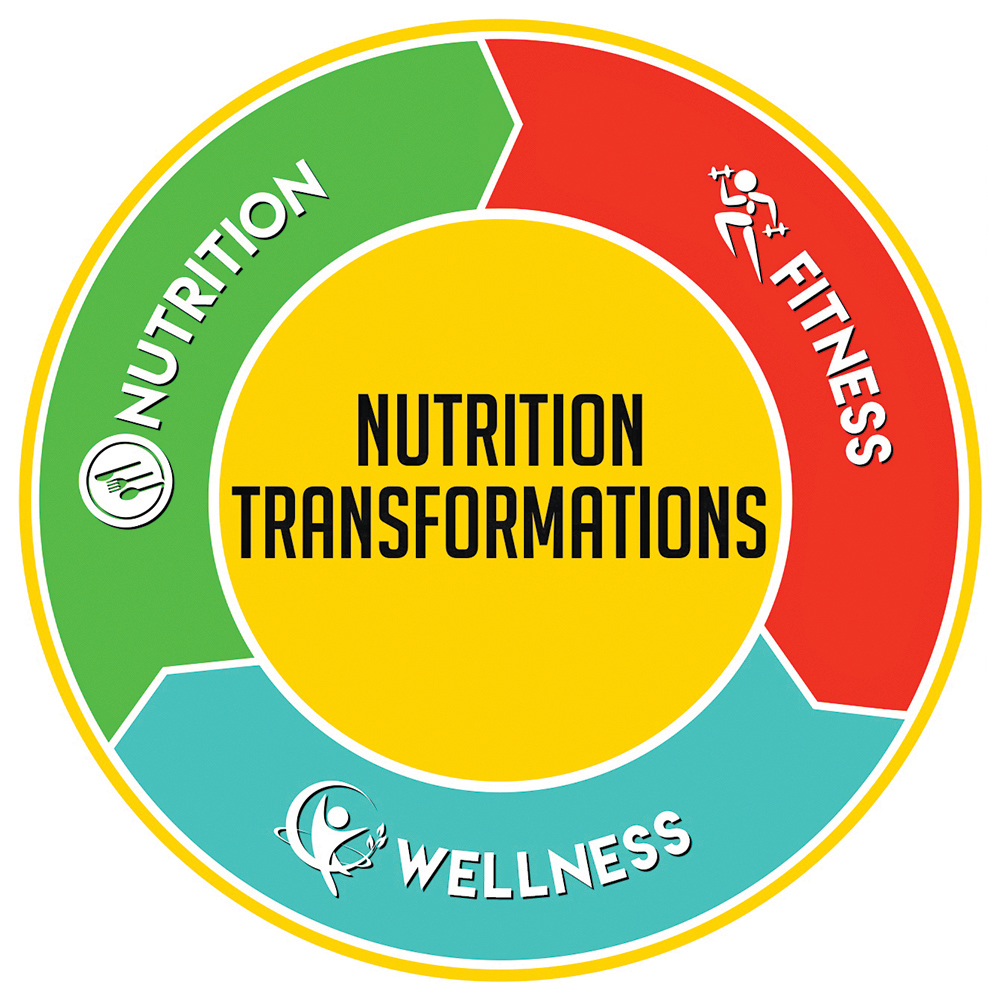
Dear Jenn:
My daughter is getting married at the end of August. I feel both excited and nervous about the upcoming simcha. I want to look nice in my dress but somehow I managed to gain weight this year. The weight just crept up on me! I’ve been trying to walk it off but so far, I’ve been unsuccessful in achieving any weight loss. I’m afraid if I continue down this path, I will have to alter my dress to make it larger. Can you suggest some way of helping me get a grip on my weight?
Sincerely,
Mother of the August Bride
Dear Mother of the August Bride:
Mazel tov on your daughter’s upcoming wedding! You’ve gained weight over this year. Exciting simchas such as a wedding and/or bar-bat mitzvah can be stressful. The anticipation of special events can be emotionally charging. Perhaps you’ve been eating more than usual over the past year and not exercising regularly and efficiently. The combination of both behaviors will equal weight gain. But don’t despair, you still have time till the end of August to get in shape. So let’s get started on tips to have you looking gorgeous for the wedding
Food Related Behaviors That Affect Weight Status
The first step in being able to get a grip on your weight is to get a grip on your behavior. Weight gain, as in fat weight gain as opposed to fluid weight gain, is usually due to overeating and not exercising. Consuming 3,500 calories in excess will cause a 1 pound fat-weight gain. Consuming excess calories while not expending daily calories efficiently will add pounds on the hips and a need to let out that dress.
Exciting and/or stressful situations may cause some people to eat emotionally. Emotional eating is a desire to eat shortly after a fulfilling meal. Cravings are very specific, “comfort food or nosh,” not the healthier lower-calorie selections such as carrots and celery sticks. When emotionally eating one may not be aware of how much is being consumed at the time. The act of chewing and swallowing on crunchy, salty or sweet foods causes the release of dopamine, a hormone associated with the feelings of pleasure. Not paying attention to the taste of foods while binging is getting high on dopamine and out of control.
Emotional eating behavior is unhealthy because it causes undesirable side effects such as weight gain on empty calories, nutritional deficiencies and negative feelings about self-image. Often there are feelings of guilt and shame for overindulging while feeling stuffed with junk food.
In addition, over-consumption of salty and sugary types of foods may eventually lead to health problems such as hypertension, cardiac disease and diabetes.

Scenario
Mother of the August Bride: Imagine you are on the phone discussing wedding plans and ironing out some issues of importance. Do you reach for nosh or yummies while you are talking on the phone? If yes, that is an example of emotional eating. Eating for comfort rather than nutrient necessity yet feeling the desire to eat.
In “true hunger,” a meal has not been consumed for hours. If you have breakfast at 9 a.m., by 2 p.m., you will feel famished. Your stomach will growl; you may feel short of energy, cranky and willing to eat anything, even foods you are not that fond of just to feel better. That’s because the body requires refueling of essential nutrients for continued function. The brain and stomach are communicating the message “Running on empty. Need to refuel.”
Question for Mother
Of the August Bride
Are you able to distinguish between the two types of hunger? One is eating for the sake of eating (emotional hunger), and the other for biological necessity (true hunger).
Solutions
Since weight gain is directly caused by overeating and not expending excess calories, put the brakes on your eating and control behavior.
- Identify emotional eating by asking yourself if you are physically hungry or just wanting to snack, especially after an adequate meal. If you are not truly hungry then that is emotional hunger.
- Control the urge to nibble, especially on comfort nosh foods. Stay away from the kitchen when on the phone. Instead go to another non-food area in your home or go for a walk to talk.
- If you eat while watching TV, try knitting or crocheting while watching TV. Distract yourself from eating.
- Feeling bored? Clean out or organize that drawer, closet, or cupboard you’ve been putting off doing. Keep busy and don’t nosh!
- Drink water or a low calorie beverage. Dehydration can be masked by hunger.
- If you don’t give in to emotional eating, eventually the desire will go away. Unlike true hunger you will feel hungry until you fulfill the biological need to replenish nutrients.
- If you must nosh, snack on low-calorie, high-nutrient fresh vegetables and fruits.
- Drink adequate fluid. Fluids help fill you up and prevent cravings.
- Keep a food journal or food diary. Record what you eat, when and how you feel before and after eating. This will help keep you focused on diet, mindful eating and food-related behaviors. Reflecting on eating behavior will help control over -eating as you get into the habit of eating for true hunger.
- Be aware of daily caloric intake. A general recommendation is for a woman to consume 1,200 calories per day and for a man, 1,500 calories per day. Calculate your daily caloric intake and record in your food journal.
- Control portion sizes. Familiarize yourself with proper portion sizes of foods to consume at meals. No double dipping or second servings. See my plate:
- Be mindful when eating. Enjoy food by chewing slowly, focusing on the tastes and textures of what you are consuming. Slower eating allows the brain and stomach time to communicate hunger cues and eases digestion.
- Shop and cook with your dress in mind. Consume diet breads, low-fat milk and dairy products, lots of veggies and fruits. Drink water or low-calorie beverages. And If you need a real nosh, purchase low-calorie desserts. Consume lean cuts of meat. Avoid high-fat sauces and gravies. Use Pam spray instead of oil to roast or fry foods. Dress salads lightly or use diet dressings.
- Daily exercise will jump-start your metabolism and burn off your unwanted weight. However, consistency is a must. Weight-loss diets and exercise routines are “teammates” in weight-loss challenges. Controlling calorie intake and daily exercise will give you the best results.
- Keep stress down by doing things that are calming such as taking a warm bubble bath and listening to soft music. De-stress with a massage or some yoga. Give yourself time to rest and get adequate sleep. Not getting enough sleep causes cravings for food, usually the nosh type and sleep is a biological necessity for good health.
Final Thoughts
Emotional eating and not controlling portion sizes and calories will result in a free fall into weight gain. Being overweight can cause negative effects on health and well-being. Needing to buy larger size clothing or altering a mother of the bride dress does not have to happen if you seriously focus on diet, exercise and living a healthy lifestyle. Consider the suggestions above.
For further assistance in weight control, diet-related health conditions and lifestyle management issues, reach out to Nutrition Transformations, we will empower you to take control of your diet and health. Give us a call.
Yours in good health,
Jennifer B. Chapler, MS, RD, CDN
Nutrition Transformations









